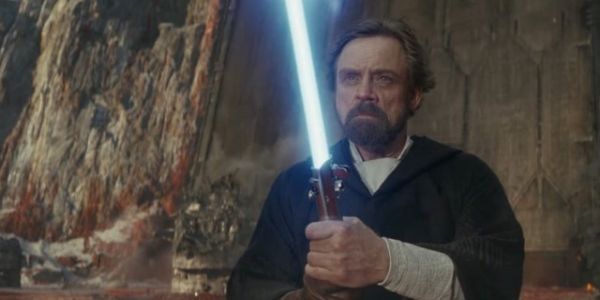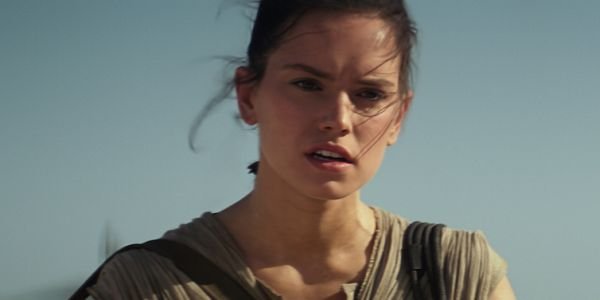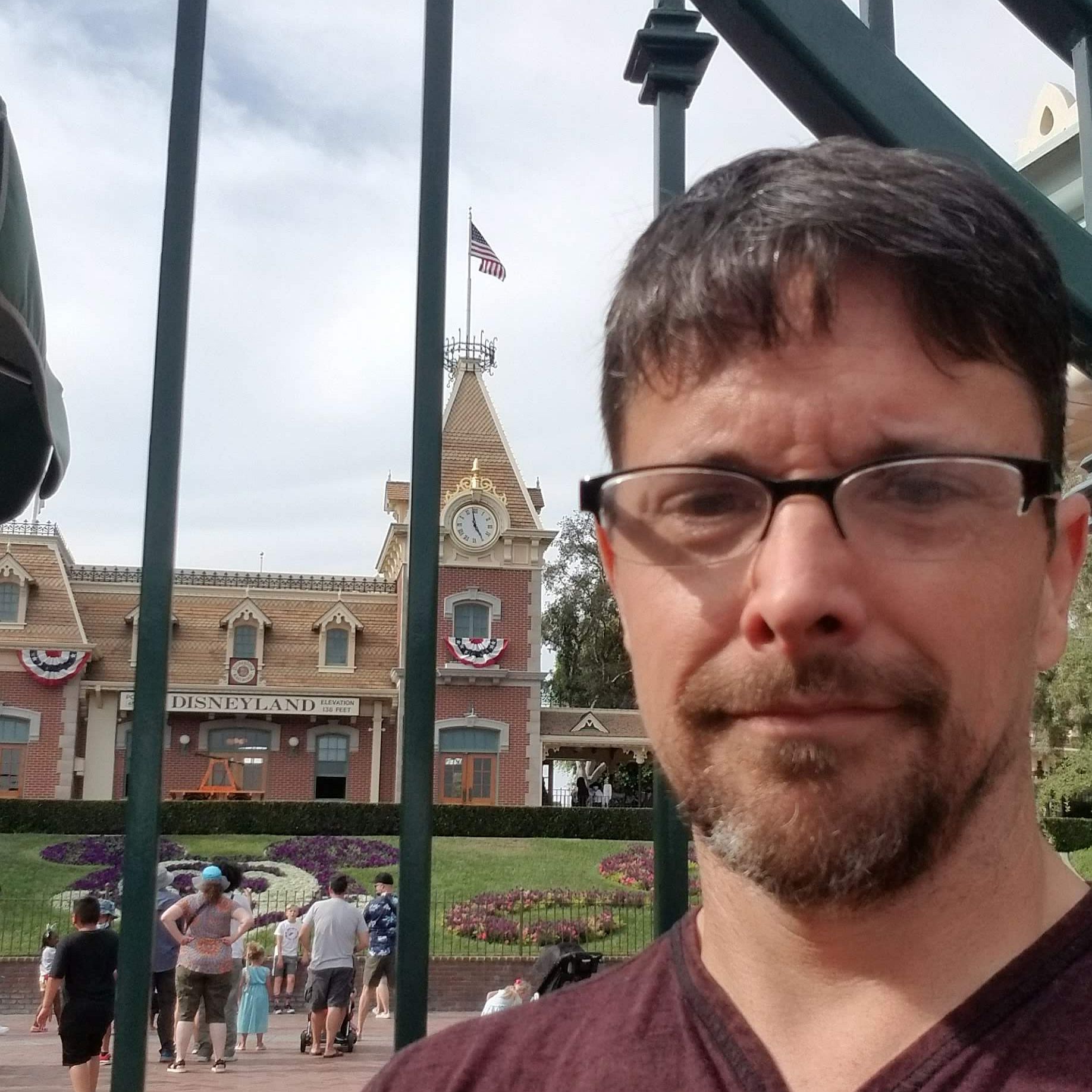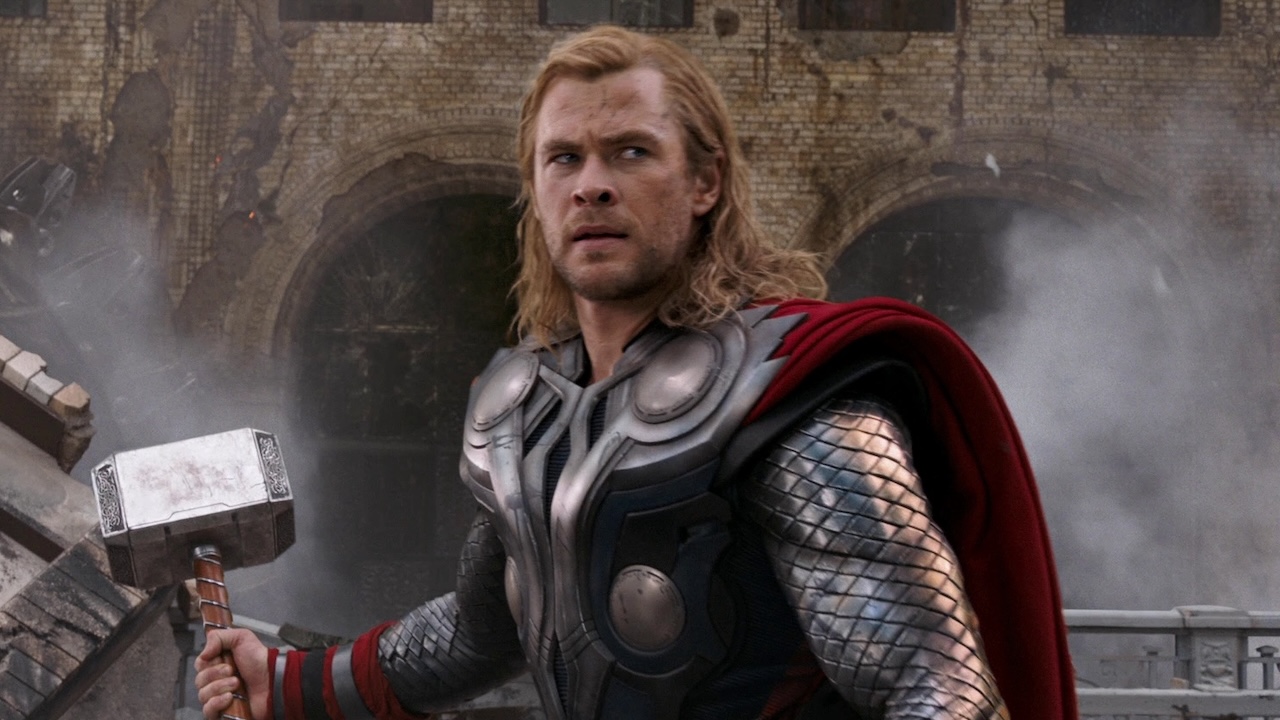Disney Has Already Made Its Money Back After Buying Lucasfilm

Your Daily Blend of Entertainment News
You are now subscribed
Your newsletter sign-up was successful

It's been six years since Disney bought Lucasfilm. It's been a good six years. The House of Mouse spent $4.05 billion on George Lucas' company, and as of yesterday, the six-year anniversary of the sale, the Star Wars movies alone have grossed $4.8 billion. For an investment this large, getting a 100% return in six years is pretty impressive.
Certainly, those two numbers alone don't tell the entire story. In addition to the $4 billion that Disney spent on Lucasfilm up front, there's the money that Disney has spent on the studio itself over the last four years. There's the cost of the four movies that have been produced and the fifth movie that is currently underway. There are the regular costs of employing everybody at Lucasfilm as well. Lucasfilm has cost Disney more than $4 billion in total
However, the box office take also isn't the only place that Lucasfilm has made money for Disney. There are the sales of the Star Wars films on Blu-Ray as well as the immense licensing feels that the brand has made in the world of merchandising to sell toys, video games, and other products that have the Star Wars name on them.
While nobody but Disney accountants, and possibly not even them, have any real idea what the level of cost vs. profit has been since Disney bought Lucasfilm, it's clear that the purchase was a remarkable investment. One market analyst tells CNBC that the purchase has been "one of the smartest acquisitions in history." It's difficult to disagree from the outside looking in. Especially when you consider that, while it has been six years since the purchase happened, the movies have only been coming out during the last half of that period, so the nearly $5 billion in box office revenue has been in less than three years.
With Disney's new streaming service on the way, which will include new animated and live-action Star Wars TV series, along with who knows what else, it's clear that the volume of content from Lucasfilm has yet to hit its limits. These series will likely play a large part in how quickly many adopt the new streaming platform, showing that Star Wars is essential to the success of Disney.
The entertainment world was blown away six years ago when the purchase of Lucasfilm was announced by Disney. The only thing any bigger was the confirmation that along with the purchase would come a new generation of Star Wars movies. Now, we stand here six years later and we can now clearly see what was only a fantasy back then. A new Star Wars trilogy is now mostly complete, additional spinoff films have been made. New animated series have arrived, and run their course. New live-action series are planned and a whole collection of new movies are on the way from Star Wars: The Last Jedi director Rian Johnson among others.
And that's just the media. Two massive additions are currently under construction at Disney's two U.S. theme parks which promise to be unlike anything we've ever experienced before. Not only have we seen the Millennium Falcon come back to life on the big screen, soon we'll get to fly it. The costs of these expansions wouldn't technically be considered by most as part of the cost of Lucasfilm, as the Disney Parks are handled by an entirely separate division within Disney, but certainly, the money wouldn't be spent on them if Disney didn't already own Lucasfilm.
Your Daily Blend of Entertainment News
Of course, all this success hasn't been without criticism. While the Star Wars movies have mostly been huge financial successes, the first two episodes of the new trilogy are already among the highest grossing movies of all time, neither film was universally embraced. Star Wars: The Force Awakens attempted to stay so true to the successful Star Wars formula that many of the plot points came right out of A New Hope. However, Star Wars: The Last Jedi would do things so differently that many would claim it didn't feel like a Star Wars movie at all.
Meanwhile, the first spinoff film, Rogue One: A Star Wars Story would be a pretty universal success, but the one to follow would not do as well. Solo: A Star Wars Story would see a clash of perspectives behind the scenes resulting in a change in directors in the midst of production. In addition to the increased cost of production, the film also wouldn't fare nearly as well at the box office, making it the closest thing Lucasfilm has seen to a flop since the transition. Still, what's considered a flop by Star Wars standards still grossed nearly $400 million.
The era of Disney CEO Bob Iger has been one of acquisition. During his tenure, Disney has purchased Pixar, Marvel, and Lucasfilm and it's difficult to argue that any of these have been bad investments, even if they cost $15 billion in total. All these studios have produced content that has been nearly universally loved by fans and that has translated into financial success. Disney's various divisions have become about as close to sure things as you see in entertainment. Half of the top 10 grossing films worldwide have been Disney owned productions made in the last decade.
This certainly leads one to wonder what the future will hold for Disney's newest acquisition, Fox. This deal, of course, dwarfs all the others, as Disney spent over $70 billion to acquire the massive film studio. At the same time, the various Fox divisions will be producing a lot more content than a Marvel or a Lucasfilm can. Still, it will likely be a lot more than six years before Disney sees a full return on that investment.
For Lucasfilm, however, the future seems pretty bright. Star Wars continues to be one of the hottest brands in entertainment, and there are still plans for at least one more Indiana Jones movie that will only continue to increase the value of the company to Disney's bottom line. $4 billion is certainly no small sum, but there seems to have been no better way for Disney to have spent it.

CinemaBlend’s resident theme park junkie and amateur Disney historian, Dirk began writing for CinemaBlend as a freelancer in 2015 before joining the site full-time in 2018. He has previously held positions as a Staff Writer and Games Editor, but has more recently transformed his true passion into his job as the head of the site's Theme Park section. He has previously done freelance work for various gaming and technology sites. Prior to starting his second career as a writer he worked for 12 years in sales for various companies within the consumer electronics industry. He has a degree in political science from the University of California, Davis. Is an armchair Imagineer, Epcot Stan, Future Club 33 Member.
